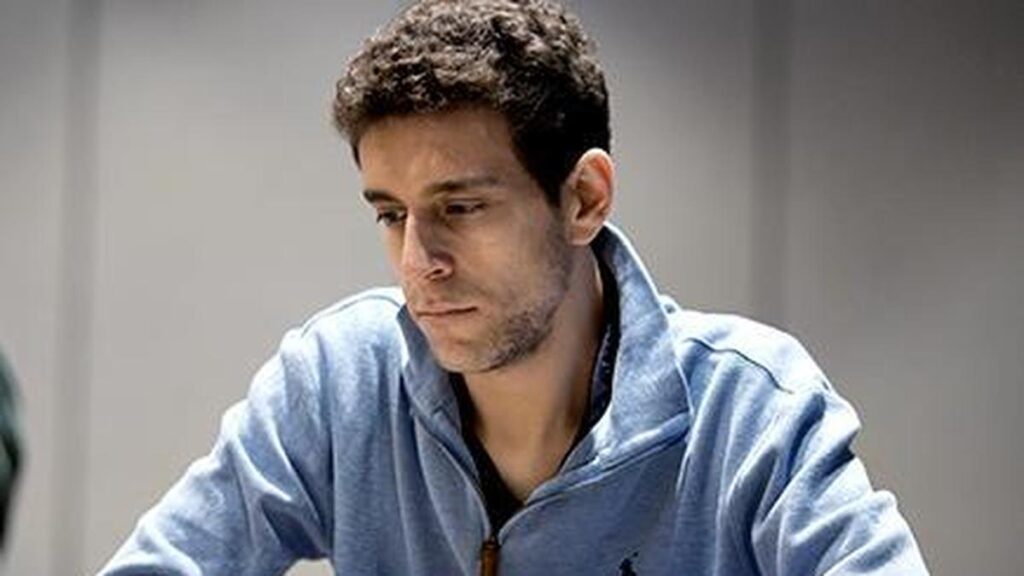The global chess community is in shock following the death of American grandmaster and online chess icon Daniel Naroditsky at the age of 29. The International Chess Federation (Fide) has announced it will investigate former world champion Vladimir Kramnik over repeated public accusations against Naroditsky, which many believe contributed to the young player’s emotional decline.
Naroditsky, affectionately known as “Danya,” was one of the brightest figures in modern chess. A gifted communicator and teacher, he helped bring millions of new fans to the game through Twitch and YouTube, where his calm demeanor and clear explanations made chess accessible to all. His sudden passing has left the community mourning one of its most beloved personalities.
Kramnik, a former world champion, had repeatedly accused Naroditsky and other players of cheating in online games without providing evidence. Though Naroditsky firmly denied the claims, he admitted they had deeply affected his mental well-being, casting doubt on his integrity and dampening his enthusiasm for competition. In his final livestream, he spoke openly about the lasting harm of being constantly suspected.
The tragedy has reignited debate over the toxic environment surrounding online chess. The rise of powerful computer engines and digital platforms has fueled widespread paranoia and frequent cheating accusations, often made without proof. Critics say this climate has bred hostility and harassment, overshadowing the sport’s recent boom in popularity.
Fide has condemned Kramnik’s public behavior, calling it unacceptable, and announced plans to honor Naroditsky’s legacy with a special award. However, internal controversy has erupted after Fide’s chief executive questioned whether Naroditsky’s peers had offered enough support during his struggles, a statement that provoked outrage across the chess world.
Leading players have demanded accountability and cultural reform, describing Kramnik’s actions as reckless and damaging. They argue that online chess must do more to protect players from abuse while preserving fair play.
Naroditsky’s family and friends have urged the community to remember him not for the negativity he endured but for his warmth, creativity, and lifelong dedication to the game he loved. His death has become a painful reminder of the human cost behind the digital battles that now define modern chess.

